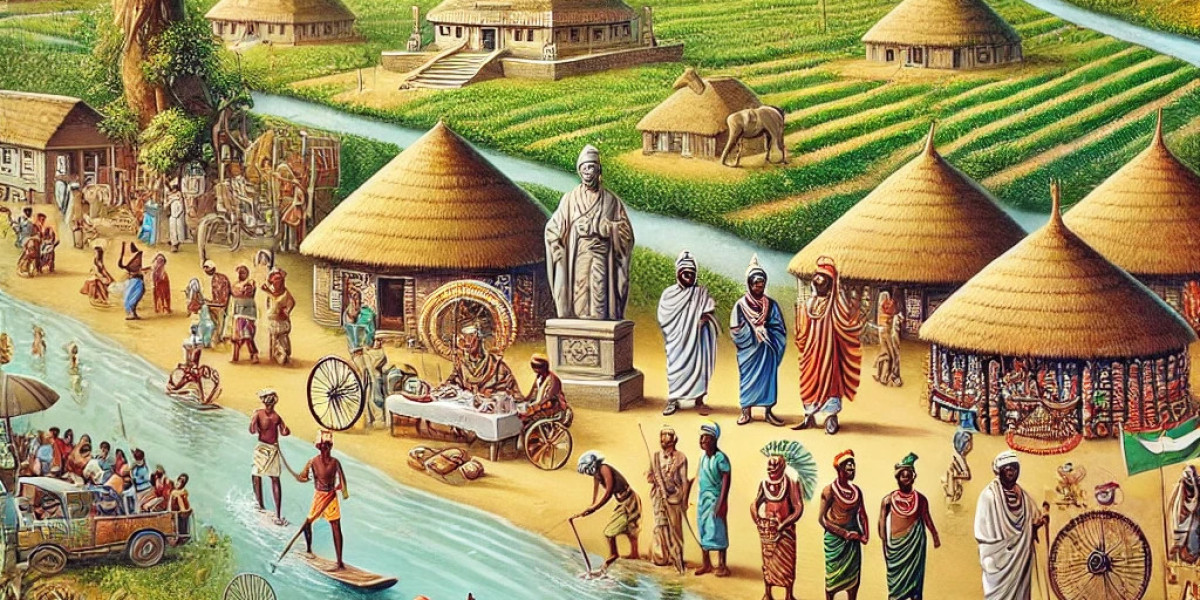Umuoba Anam is a notable town in the Anambra East Local Government Area of Anambra State, Nigeria. It is one of the nine towns that make up the larger Anam community, a group of closely knit villages known for their rich cultural heritage and deep-rooted traditions.
The origin of Umuoba Anam traces back to a migration from Ezi, a neighboring community. Oral tradition holds that the town was founded by a man named Oba, who was among the early settlers that migrated to the region in search of fertile land along the banks of the River Niger. Oba, who gave the town its name, is regarded as the patriarch of Umuoba, and his descendants spread across various clans that now constitute the town.
Among the important historical figures is Nnanyelugo, a revered leader who led Umuoba Anam during a time of external conflicts with nearby towns, including Nzam and Umueri. His leadership was marked by strategic diplomacy and strength, securing the safety of the town from invasions while fostering strong relationships with surrounding communities like Aguleri and Nteje.
Historically, Umuoba Anam is known for its participation in the famous Onicha-Ado War of the 19th century, where several Anam warriors fought valiantly to defend their lands from external forces. During this time, the role of Ichie Okonkwo, a war general, was crucial in organizing the town's defense strategies.
Umuoba Anam also shares a unique cultural festival known as Ovala, celebrated alongside other Anam towns. This festival is a symbol of unity and marks the beginning of the farming season. The Igwe of Umuoba Anam, currently Igwe Okechukwu Akomas, plays a pivotal role in the celebrations, which attract visitors from within and outside the region.
The towns economy traditionally revolves around fishing and farming, with the River Niger providing a fertile ground for both agriculture and trade. Notable markets like Otuocha Market serve as economic hubs, where goods from Umuoba Anam are exchanged with neighboring towns.
Over the years, Umuoba Anam has witnessed modernization while still holding onto its traditions, with institutions like the Anam Grammar School being established in the mid-20th century to promote education. The towns development has been shaped by contributions from notable individuals such as Chief Emma Okeke, a philanthropist who helped fund local infrastructure projects.
Today, Umuoba Anam stands as a proud community with a rich history, continuing to preserve its heritage while adapting to modern times.










